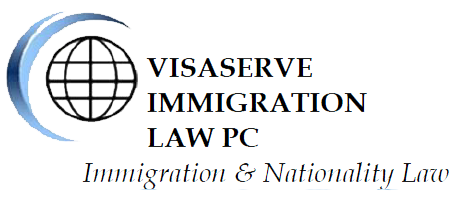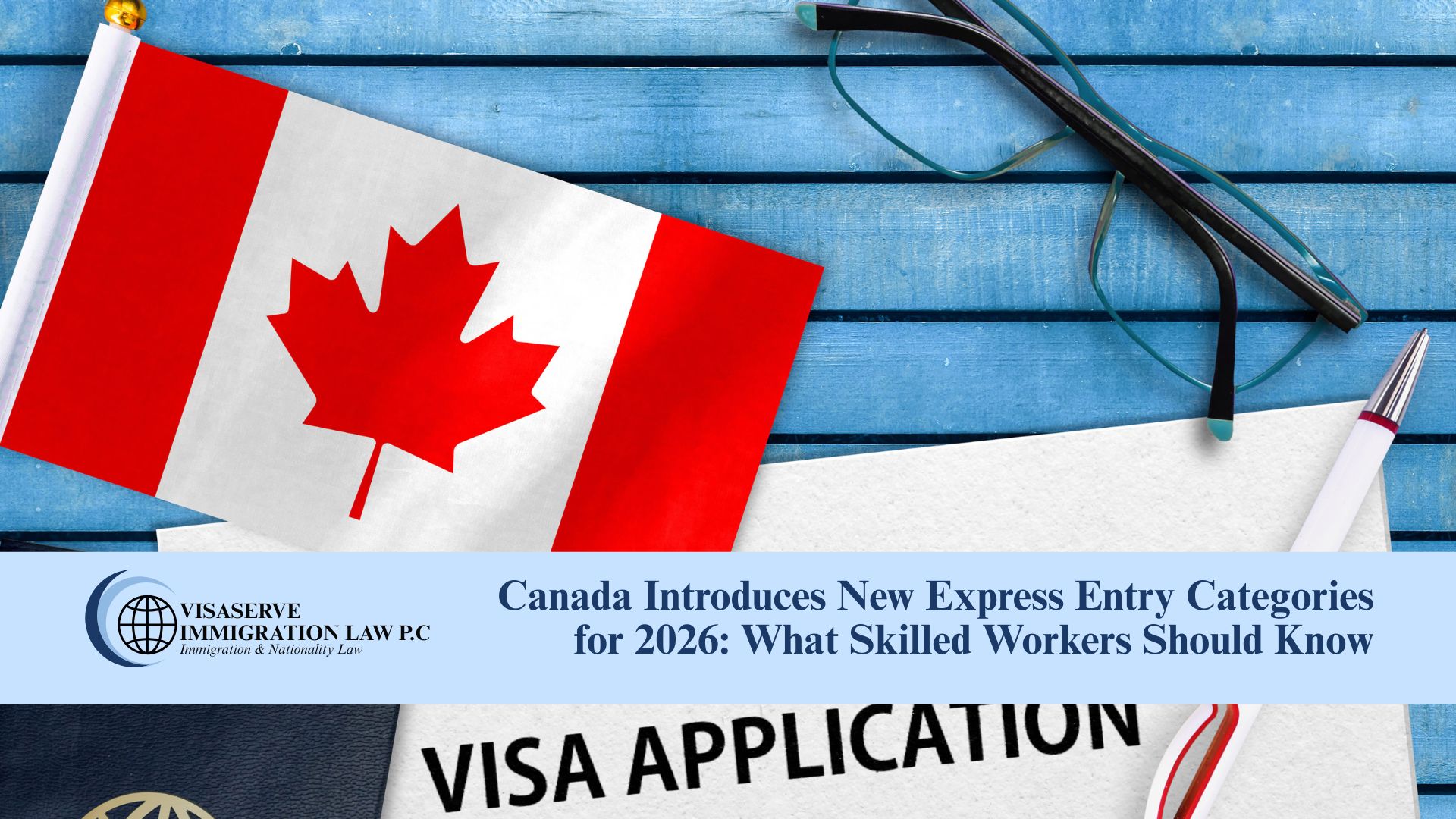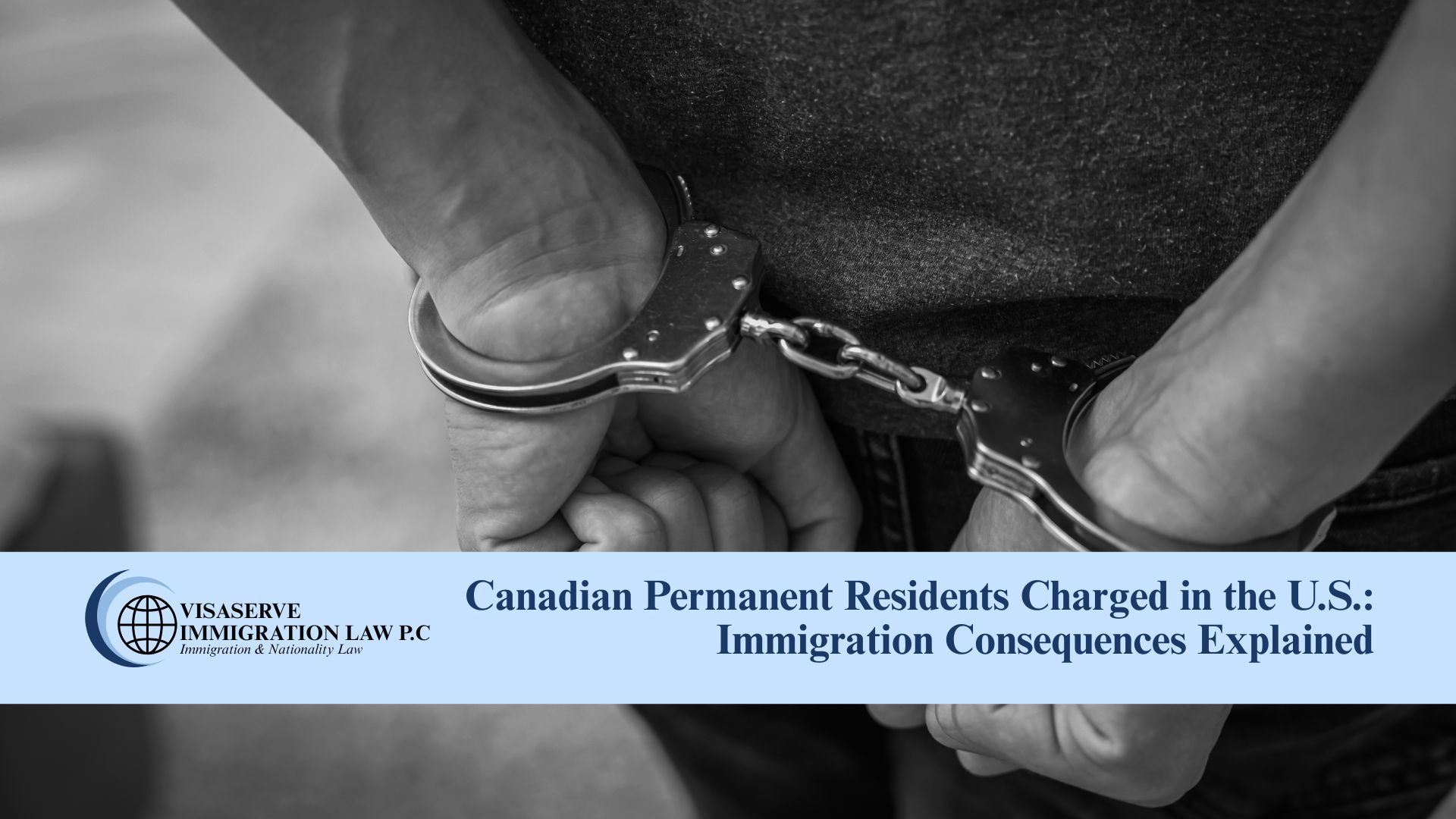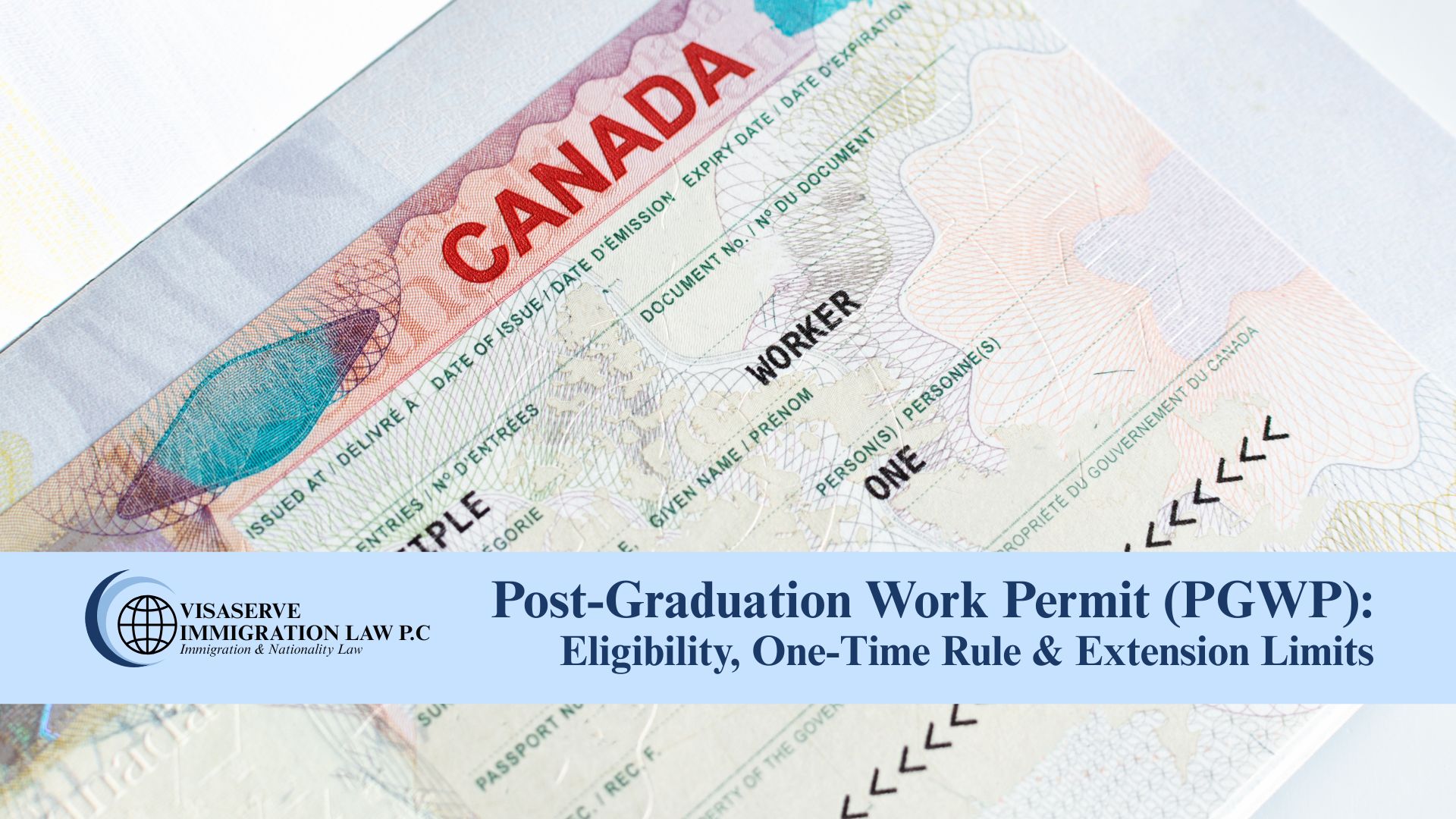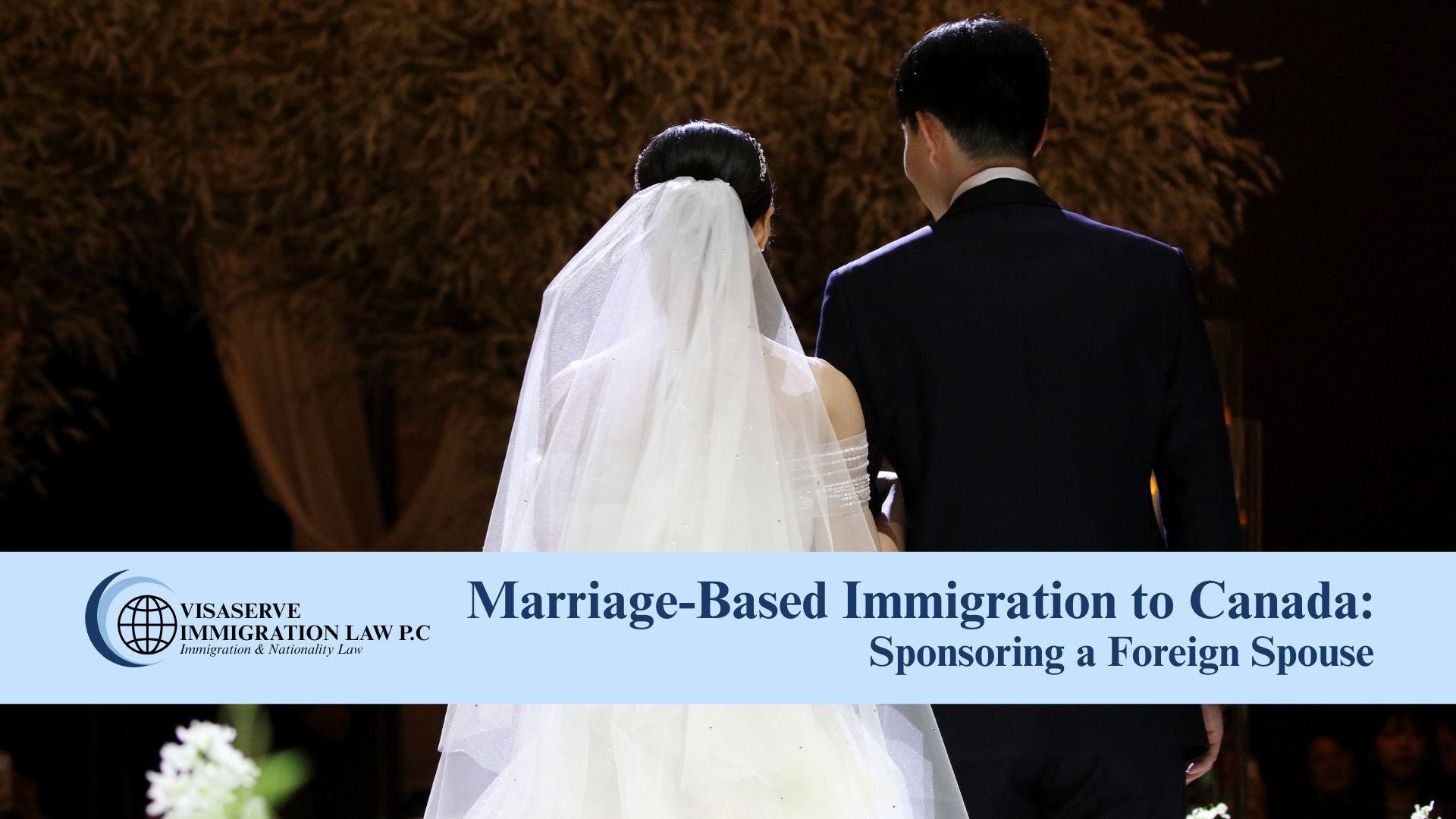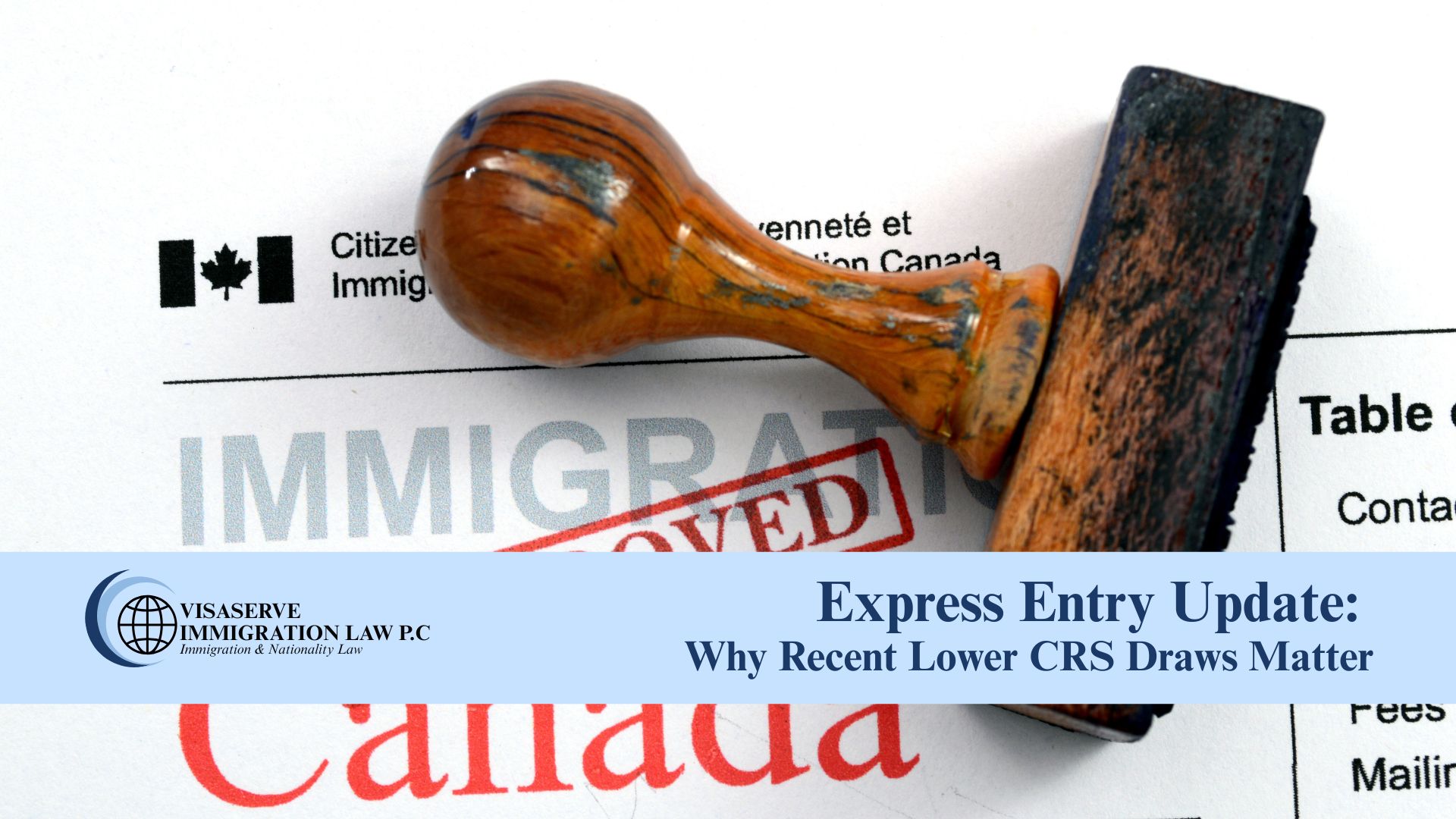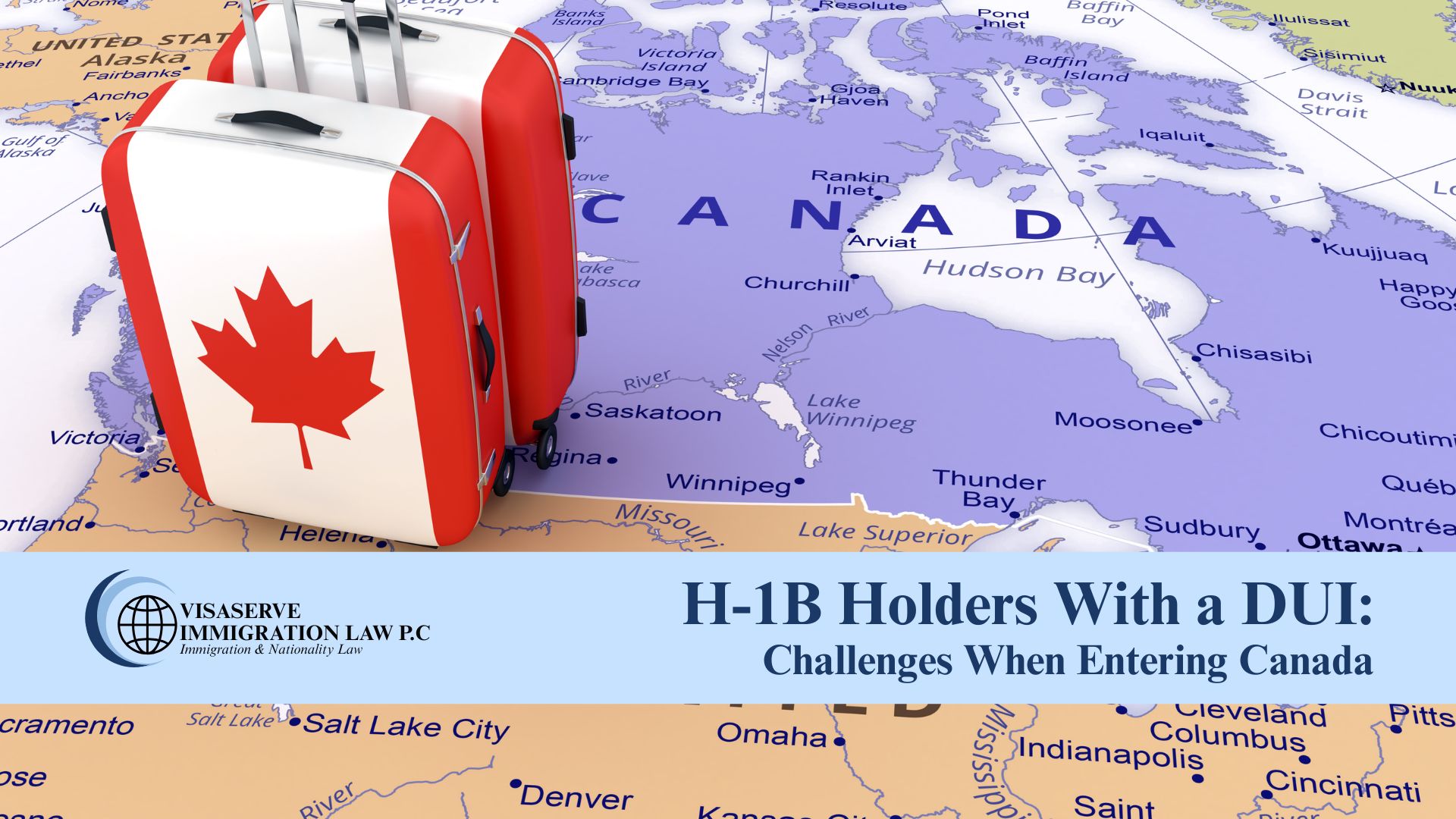Understanding how Canadian Language Benchmarks (CLB) apply to the Canadian Experience Class (CEC) stream under Express Entry can significantly impact the success of your application. While the IRCC outlines broad eligibility on its website, internal guidance obtained via Access to Information requests reveals important nuances—especially regarding your primary occupation and minimum language score requirements.
What Are the Canadian Language Benchmarks (CLB)?
The Canadian Language Benchmarks (CLB) are the national standard used in Canada to measure language proficiency for immigration and citizenship. For Express Entry, your CLB score is calculated based on your results in an approved language test (such as IELTS or CELPIP).
Depending on your job classification under the National Occupational Classification (NOC) system, different minimum CLB scores are required to qualify.
The CEC Language Threshold: What IRCC Says
According to IRCC’s Regulation 87.1(2)(e) under the Immigration and Refugee Protection Regulations (IRPR), an applicant must meet a minimum CLB score based on the skill level of the majority of their qualifying Canadian work experience.
-
NOC 0 or A (Managerial/Professional): Minimum CLB 7
-
NOC B (Skilled/Technical): Minimum CLB 5
This rule means your declared “primary occupation” does not determine your required CLB—what matters is where most of your Canadian skilled experience lies.
“If an applicant has work experience in both NOC 0, A or NOC B occupations, the applicant must satisfy the officer that they meet the minimum language proficiency threshold for the skill type/level in which they have obtained most (i.e., more than half) of their qualifying work experience.”
— Citizenship and Immigration Canada Internal Memo, REP-2015-2027IMMRepJ
A Common Scenario: Two NOCs, One Application
Let’s say you’ve worked in two roles:
-
8 months in an NOC 0 position (e.g., Operations Manager)
-
14 months in an NOC B position (e.g., Technician)
Even if your current job offer is in the NOC 0 role, and even if you declare NOC 0 as your primary occupation, IRCC will assess your language eligibility based on your majority experience in NOC B. This means CLB 5 is sufficient in this case.
Risk of Refusal: What If You Don’t Meet the Right CLB Level?
If your application is refused for failing to meet the CLB threshold, you are not subject to a ban from reapplying—unless the refusal is due to misrepresentation.
Applicants who honestly declare their language scores but fall short of the minimum requirement for their NOC category can reapply in the future. However, any false statements could lead to a five-year bar on reapplying for permanent residency.
Why This Matters Now
With the continued demand for NOC B-level occupations (e.g., trades, technical roles, administrative jobs), many candidates unknowingly meet eligibility under CLB 5 but fail to apply or accept an ITA because they assume CLB 7 is mandatory across the board.
Understanding how Canadian Language Benchmarks apply specifically to your NOC history could mean the difference between a refused application and a successful pathway to Canadian permanent residency.
We help applicants correctly identify their NOC codes, ensure language test alignment with their work experience history, and mitigate the risk of refusals based on misunderstood requirements.
Contact us today to book a consultation and get clarity on your CEC eligibility.
This blog post is based in part on internal correspondence obtained through an Access to Information request filed by immigration lawyer Steven Meurrens. We thank him for making these materials publicly accessible. Source: https://meurrensonimmigration.com/express-entry-imm-rep-qa/
